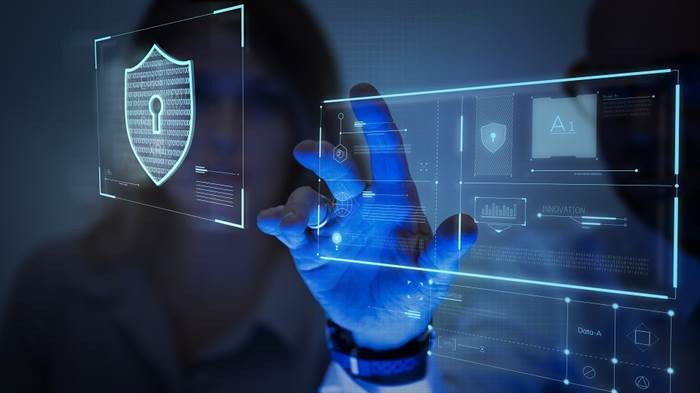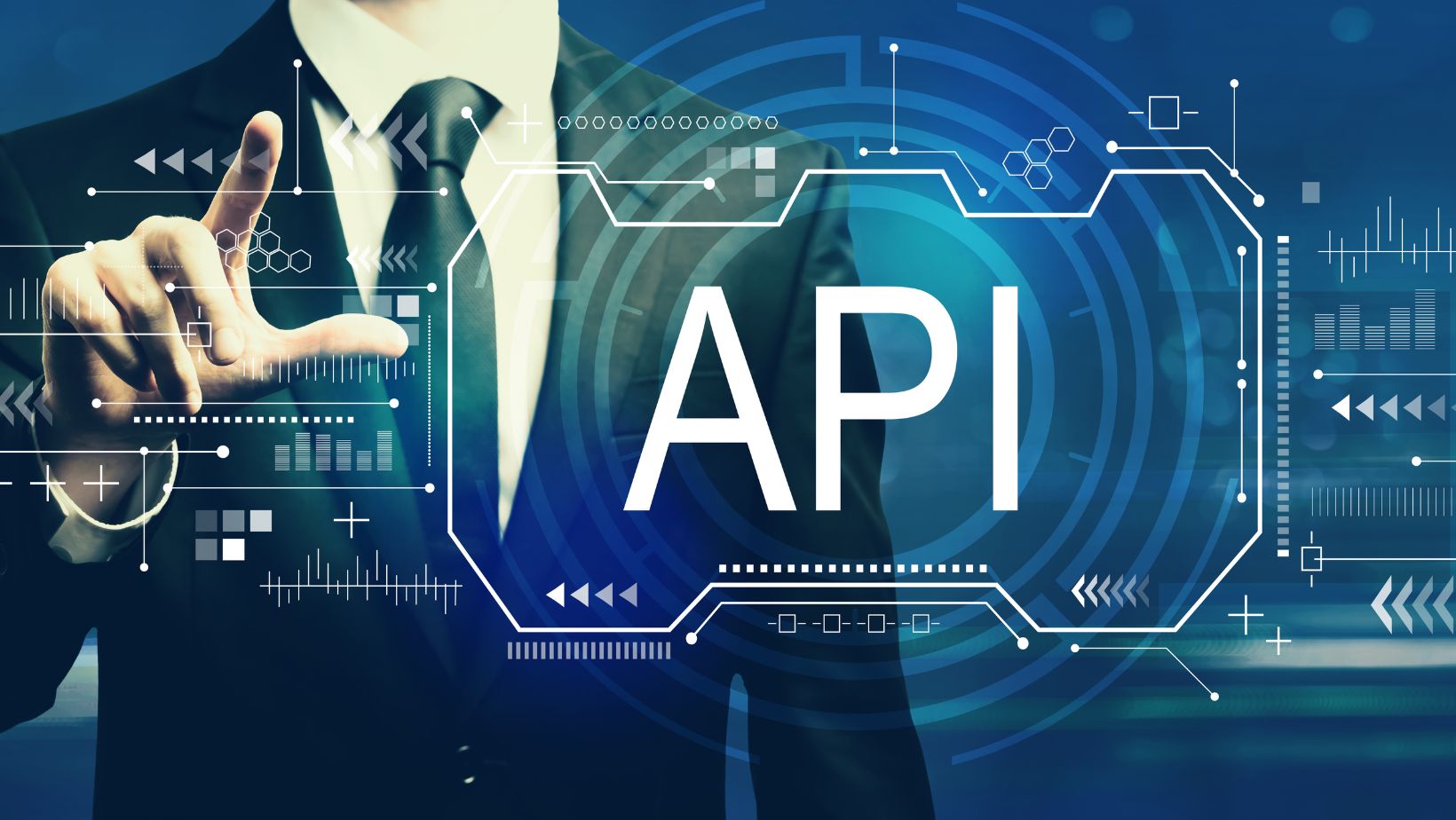Understanding Cybersecurity in Project Management
Identifying Cybersecurity Risks
Cybersecurity risks in project management can manifest in various forms, including data breaches, ransomware attacks, and phishing scams. These threats can compromise the confidentiality, integrity, and availability of project data. Given that many projects involve the collaboration of multiple stakeholders and the use of cloud-based tools, the potential entry points for attackers multiply, making robust cybersecurity measures vital.
Consequences of Poor Cybersecurity
The consequences of inadequate cybersecurity can be devastating. Data breaches can lead to the loss of sensitive information such as client data, financial records, and proprietary methodologies. This loss can damage an organization’s reputation, lead to financial losses, and result in legal repercussions. Moreover, compromised project data can affect the decision-making process, causing delays and errors that jeopardize project success.
Integrating Cybersecurity into Project Management
Developing a Cybersecurity Strategy
Integrating cybersecurity into project management begins with developing a comprehensive cybersecurity strategy. This strategy should outline the measures to protect project data, identify potential threats, and establish protocols for responding to security breaches. Key elements include risk assessment, employee training, and the use of advanced security technologies.
Role of Project Managers
Project managers play a crucial role in implementing cybersecurity measures. They must ensure that all team members understand the importance of cybersecurity and adhere to best practices. This might involve regular training sessions on recognizing phishing attempts, securely handling data, and following established protocols. Moreover, project managers should be familiar with cybersecurity tools and technologies that can enhance data protection.
Secure Communication Channels
Effective communication is a cornerstone of project management, but it must be secure. Project managers should utilize secure communication channels such as encrypted emails and project management tools that offer robust security features. This ensures that sensitive information is not exposed to unauthorized parties.
Tools and Technologies for Cybersecurity
Advanced Security Software
Investing in advanced security software is essential to protect against cyber threats. This includes antivirus programs, firewalls, and intrusion detection systems. These tools can detect and mitigate threats in real-time, providing an added layer of protection for project data.
Cybersecurity for Remote Teams
With the increasing trend of remote work, ensuring cybersecurity for distributed teams is more critical than ever. Project managers should leverage virtual private networks (VPNs), secure collaboration tools, and endpoint protection solutions. These measures help secure remote access and protect data transmitted across potentially insecure networks.
The Best Project Management Certification
Obtaining the best project management certification can also enhance a project manager’s ability to implement robust cybersecurity practices. Certification programs often include training on the latest cybersecurity trends and technologies, equipping managers with the knowledge needed to protect their projects.
Monitoring and Responding to Cybersecurity Threats
Continuous Monitoring
Continuous monitoring is vital for identifying and responding to security threats promptly. Implementing monitoring tools that provide real-time alerts can help project managers stay ahead of potential breaches. Cybersecurity is not a one-time effort but requires ongoing vigilance to address evolving threats.
Incident Response Plan
Having an incident response plan is crucial for mitigating the damage caused by a cybersecurity breach. This plan should outline the steps to take in the event of a breach, including identifying the source, containing the threat, and communicating with affected stakeholders. A well-prepared response plan can significantly reduce the impact of a cyber-attack.
Regular Audits and Assessments
Conducting regular security audits and assessments is essential to ensure that cybersecurity measures are effective and up-to-date. These audits can identify vulnerabilities and areas for improvement, helping to strengthen overall security. Project managers should incorporate these assessments as part of the project lifecycle.
The Future of Cybersecurity in Project Management
Technological Advancements
Technological advancements will continue to shape the landscape of cybersecurity in project management. Innovations in artificial intelligence (AI) and machine learning can enhance threat detection and response capabilities. As these technologies evolve, they will provide project managers with more sophisticated tools to protect their data.
Regulatory Compliance
Compliance with cybersecurity regulations is becoming increasingly important. Project managers must stay informed about relevant regulations and ensure that their projects adhere to these standards. This not only protects against legal consequences but also enhances the trust and confidence of stakeholders.
The Evolving Role of Project Managers
As cybersecurity becomes more integral to project management, the role of project managers will evolve. They will need to possess a deeper understanding of cybersecurity principles and practices, making ongoing education and training paramount. Given the broad scope in project management, obtaining resources like the best project management certification and exploring the scope in project management will be invaluable for future-proofing their skill set.
Conclusion
In conclusion, cybersecurity is not just a technical concern but a fundamental aspect of modern project management. The protection of sensitive data, the prevention of cyber threats, and the ability to respond to incidents effectively are critical to achieving project success. Project managers must proactively integrate cybersecurity into their strategies, continuously monitor for threats, and stay informed about technological and regulatory developments. The scope in project management must encompass these cybersecurity measures to ensure comprehensive risk management. By doing so, they can safeguard their projects from the ever-evolving landscape of cyber threats and ensure that their teams and stakeholders remain secure.
FAQs
What is the role of a project manager in cybersecurity?
A project manager’s role in cybersecurity involves ensuring that all project activities adhere to defined security protocols. This includes overseeing secure communication channels, implementing advanced security software, and conducting regular security audits. They are also responsible for training team members on best practices and integrating cybersecurity measures into the project lifecycle.
Why is secure communication important in project management?
Secure communication is crucial in project management to prevent unauthorized access to sensitive information. Utilizing encrypted emails and secure project management tools helps ensure that confidential data is protected from cyber threats, thereby maintaining the integrity and confidentiality of the project.
What are some essential cybersecurity tools for project management?
Some essential cybersecurity tools for project management include antivirus programs, firewalls, intrusion detection systems, virtual private networks (VPNs), and secure collaboration tools. These technologies help protect against various cyber threats by offering real-time threat detection and secure data transmission.
How can project managers ensure cybersecurity for remote teams?
Project managers can ensure cybersecurity for remote teams by implementing virtual private networks (VPNs) to secure remote access, using secure collaboration tools, and employing endpoint protection solutions. These measures help safeguard data transmissions across potentially insecure networks and protect the devices used by remote team members.
What is an incident response plan, and why is it important?
An incident response plan outlines the steps to be taken in the event of a cybersecurity breach. It is important because it helps project managers identify the source of the breach, contain the threat, and communicate effectively with affected stakeholders. A well-prepared incident response plan can significantly reduce the impact of a cyber-attack on the project.
Read another article ”Accounting Services in Singapore: Navigating Excellence and Compliance”



